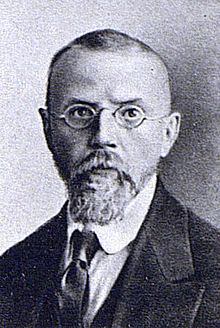"... cuanto más agudo entendimiento tienen los jóvenes, más inclinados están a confundirse en sus negocios, pues saben cómo comenzarlos, pero no saben cómo los han de terminar, y así se equivocan con gran daño para ellos, si no hay quien los guíe."
And one translation:
"It is well known that, although the young may not be deficient in understanding and spirit, yet they may commit many errors : having a mind to see the right thing to be done, but, wanting perseverance and a good guide, never complete anything."
another translation
... the sharper the understanding young men have, the more inclined they are to fail in their business dealings, because they know well how to start, but they don't know how to manage them, and so, they self inflict a great harm, if they lack a mentor.
References
https://www.cervantesvirtual.com/obra-visor/el-conde-lucanor--0/html/00052e2a-82b2-11df-acc7-002185ce6064_1.html
https://archive.org/details/CountLucanorYork1889/page/n175/mode/2up









